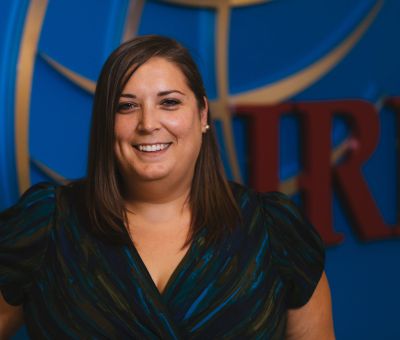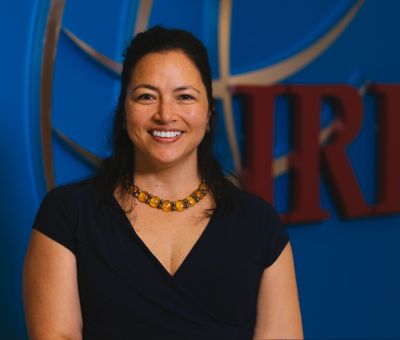New Barrier Analysis Identifies Challenges Faced b…
Vientiane, Laos – With over 60 percent of Laos’ population under the age of 25, young people are critical to…
As a one-party state with strong restrictions on civil liberties, the people of Laos face many obstacles to a democratic transition. For over 10 years, IRI has been working with Lao civil society groups and reform-minded citizens to support democratic assistance efforts to strengthen village governance, the inclusion of marginalized communities, and responsive policy making.
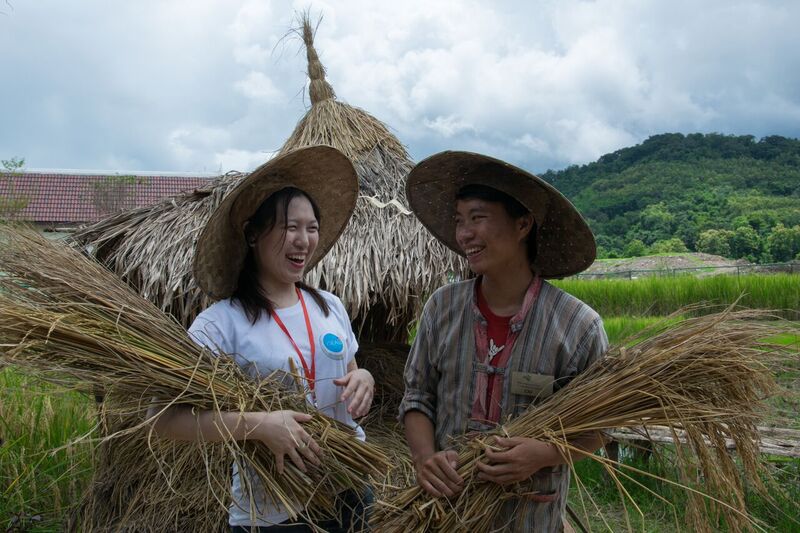
For democracy to take root in Laos and partners on the ground must be committed to a comprehensive approach. Since 2011, IRI has implemented training programs for civil society activists, published and distributed manuals on government outreach, organizational basics and business development, and provided continuous technical assistance through regular consultations to civil society leaders. IRI is currently implementing a three-year Civil Society Academy, designed to enhance long-term non-profit association (NPA) partners’ resiliency and ability to represent citizen interests to public officials by providing them access to techniques, tools and funding to conduct mission-driven programs. A member of the Academy and a civil society leader in Laos – described the Academy as “practical, on-the-job training”.
IRI’s work helps empower people to raise their voices and make their opinions known. Marginalized communities are encouraged by IRI to increase their civic involvement and make a difference in their communities. IRI has supported the Association for Development of Women and Legal Education (ADWLE) to facilitate training programs on topics such as gender equality and safe migration. Through IRI’s assistance, ADWLE has trained 6,367 Lao citizens on women’s rights.
Educating Laotian youth is also an important aspect for the future of good governance. Recognizing this, IRI has a robust youth practice that equips a generation of changemakers with the knowledge and skills to better advocate for reform such as reducing societal stigmas through public education efforts, promoting a narrative of inclusion through non-sensitive vehicles and employing mainstreaming approaches that ensure the inclusion of minorities are not just “filling quotas” in order to overcome barriers to meaningful civic engagement, and promote more vibrant, resilient and inclusive communities.
To guide these efforts, IRI conducted an analysis to determine the barriers marginalized communities face to fully realizing their civil rights. IRI specifically chose to look at disproportionately marginalized youth in Laos, as individuals who face intersecting layers of exclusion in their communities and are particularly vulnerable to discrimination and disempowerment. These groups include women, members of the LGBTI+ community, and religious minorities.
Government engagement and collaboration with civil society is essential for Laos’ sustainable development process. In 2016, IRI hosted 176 youth leaders and former U.S. president Barack Obama in Luang Prabang, Laos as part of the Young Southeast Asian Leadership Initiatives (YSEALI) Summit. In January 2019, IRI facilitated a study tour to Mongolia as part of the GIZ CEGGA program. The tour provided civil society leaders and government ministry officials an open platform to engage in meaningful discussions and communicate on future action steps for engagement. In March 2019, IRI hosted a training session for the National Assembly Institute of Legislative Studies (ILS) focused on best practices for data collection, aggregation and presentation. With a continued commitment to strengthening civil society and sustained encouragement for youth participation in the political process, democracy could begin to grow in one of Asia’s most politically repressive nations.
Vientiane, Laos – With over 60 percent of Laos’ population under the age of 25, young people are critical to…
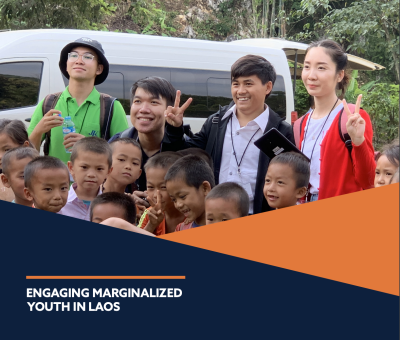
Introduction To inform the International Republican Institute’s (IRI) targeted effort to empower marginalized community voices, IRI conducted a barrier analysis…
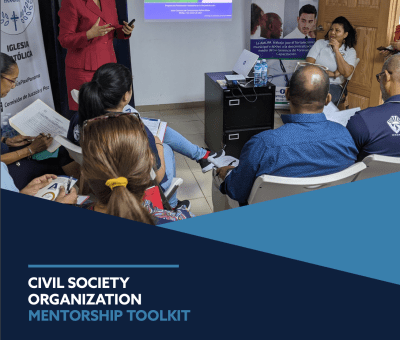
Introduction The International Republican Institute (IRI) defines a mentorship as a relationship in which a person or organization provides intentional,…
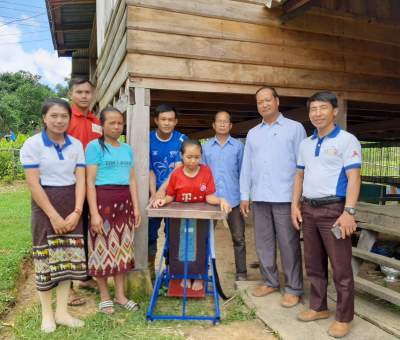
In honor of International Day of Persons with Disabilities on December 3, the International Republican Institute (IRI) is spotlighting the…
